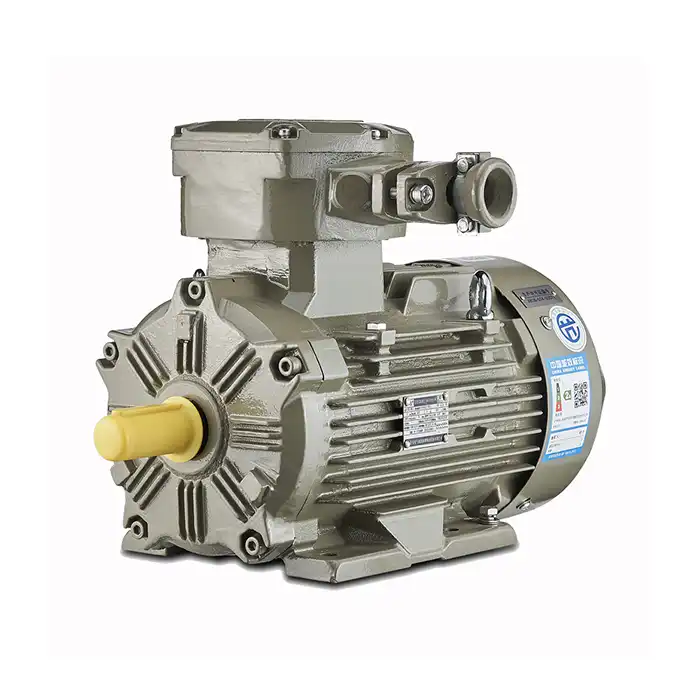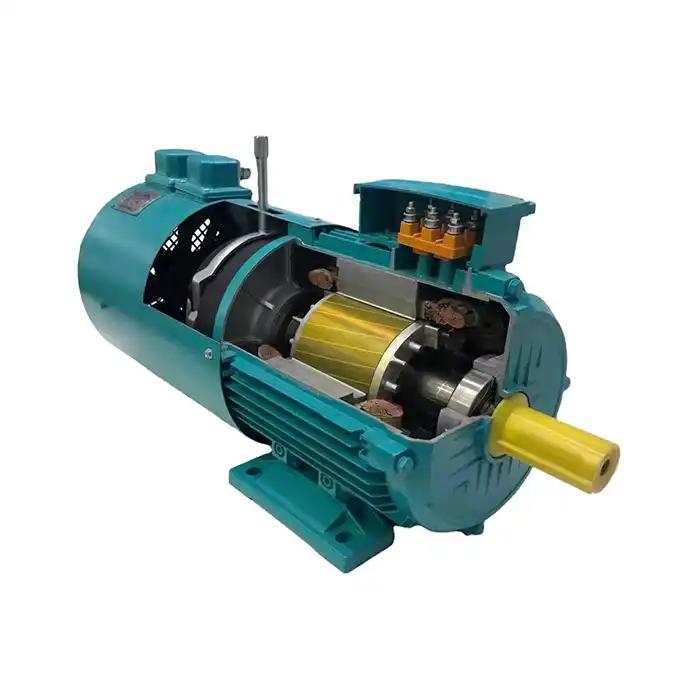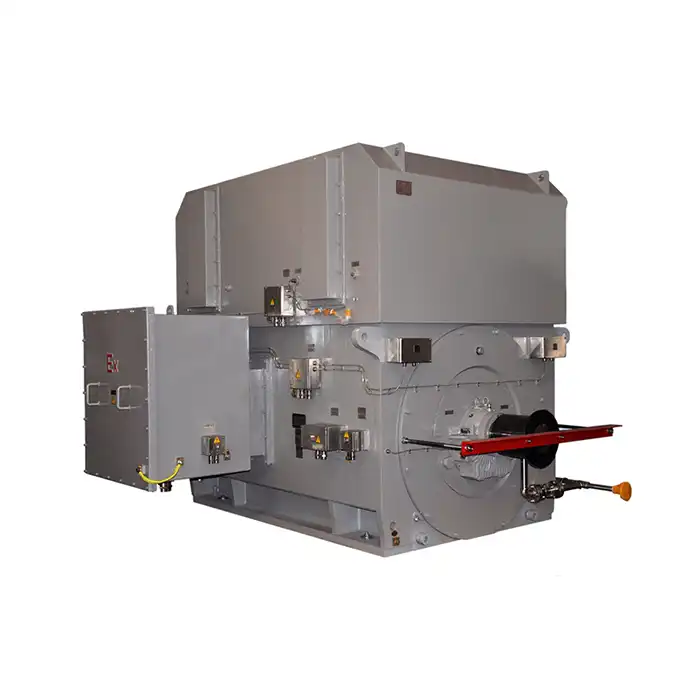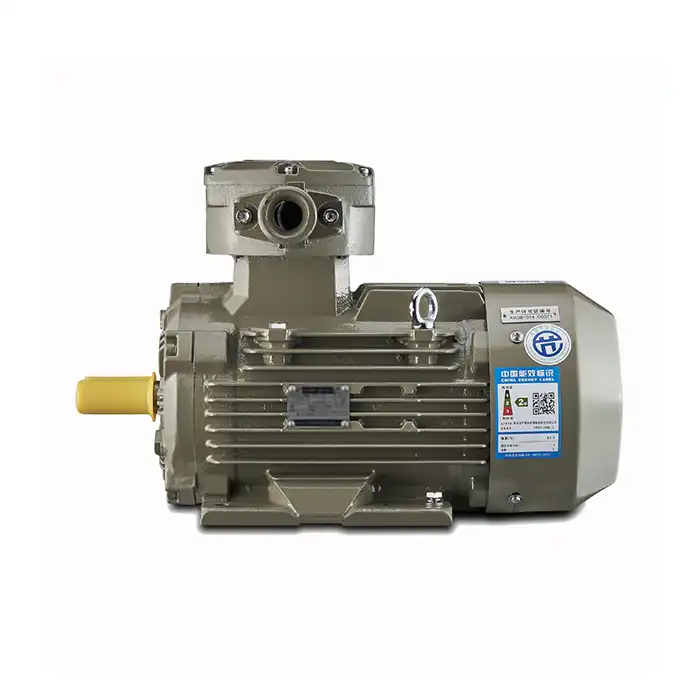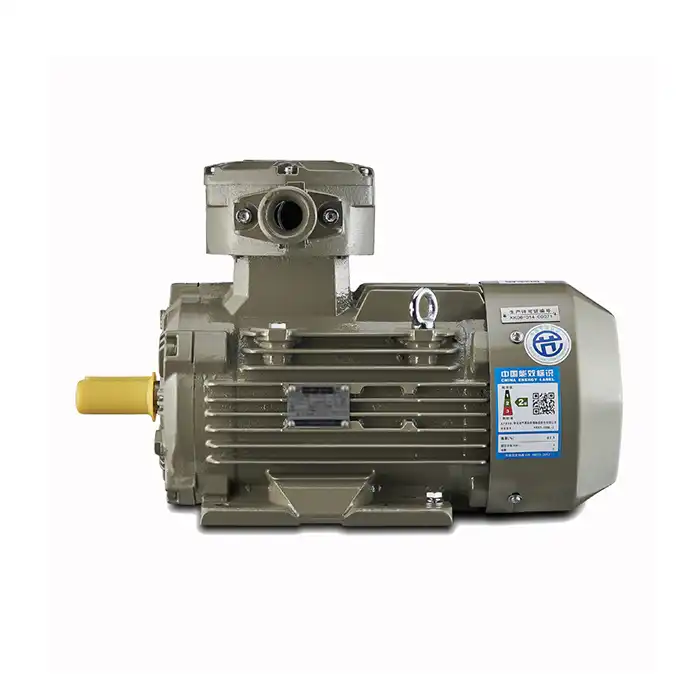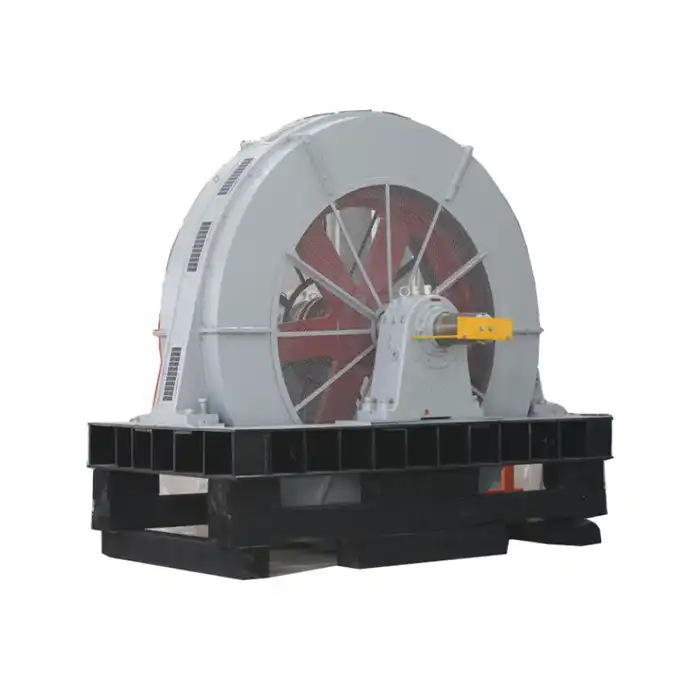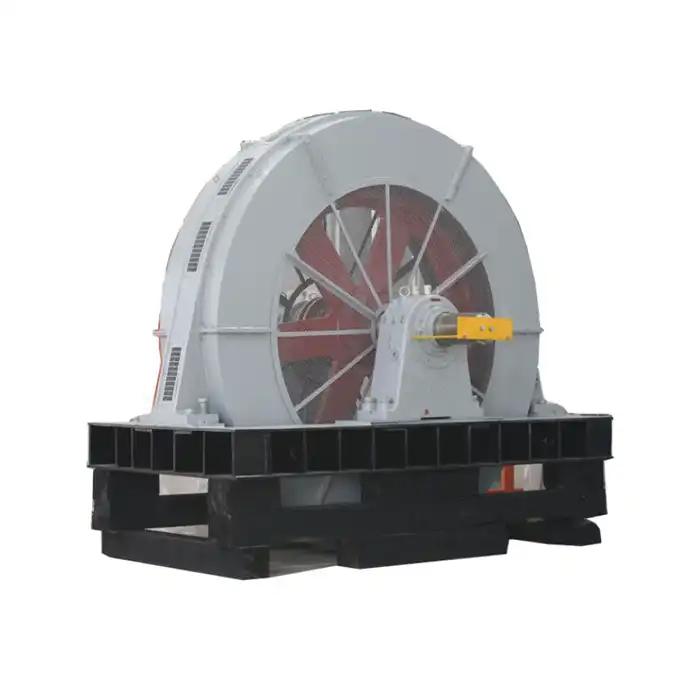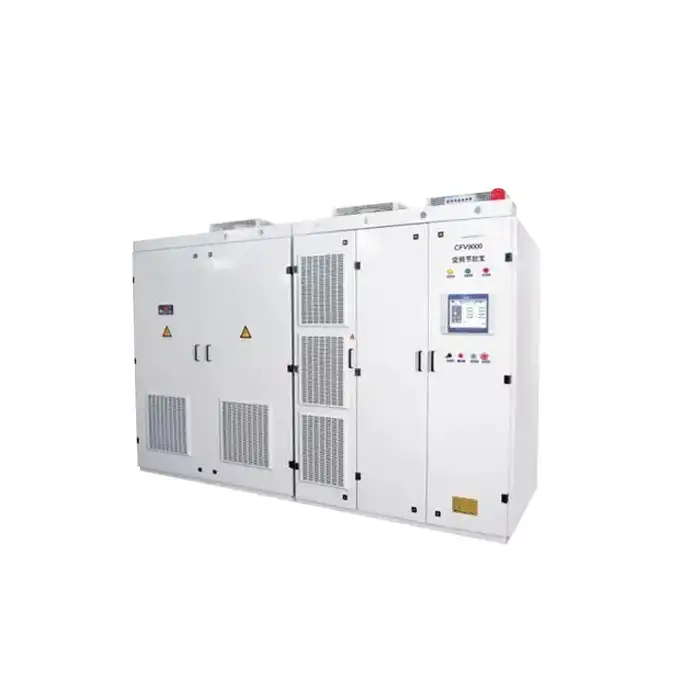Key factors in 200hp DC motor selection
Power requirements and load characteristics
When selecting a 200hp DC motor, one of the primary considerations is matching the power output to your application's requirements. The 200 horsepower rating indicates the motor's maximum output, but it's crucial to consider the actual power needed for your specific use case. Factors such as load type (constant or variable), duty cycle, and peak power demands all play a role in determining the appropriate motor size.
Speed and torque specifications
DC motors offer excellent speed control and high starting torque, making them suitable for various applications. When choosing a 200hp DC motor, consider the speed range required for your application and the torque needed at different operating points. Some applications may require high torque at low speeds, while others may need consistent torque across a wide speed range.
Environmental considerations
The operating environment plays a crucial role in motor selection. Factors such as temperature, humidity, dust, and potential exposure to chemicals or contaminants can affect motor performance and lifespan. Ensure that the selected motor has appropriate protection ratings (e.g., IP rating) and is designed to withstand the specific environmental conditions of your application.
Efficiency and energy consumption
While all 200hp DC motors will consume significant energy, there can be variations in efficiency between different models and manufacturers. Consider the motor's efficiency rating and its impact on long-term operating costs, especially for applications with high duty cycles or continuous operation.
Matching motor specs to application requirements
Understanding motor characteristics
To select the right 200hp DC motor, it's essential to understand key motor characteristics and how they relate to your application requirements. These include:
- Voltage and current ratings
- Speed-torque curve
- Starting current and torque
- Thermal characteristics
- Inertia and acceleration capabilities
Analyzing application demands
Conduct a thorough analysis of your application's demands to ensure proper motor selection. Consider factors such as:
- Load profile (constant or variable)
- Duty cycle and operating hours
- Speed range and control requirements
- Starting and stopping frequency
- Overload capacity needs
Considering control and drive systems
The control and drive system used with your 200hp DC motor can significantly impact overall performance. Consider the compatibility of the motor with various control methods, such as:
- Variable speed drives
- Soft starters
- Regenerative braking systems
- Feedback devices for precise control
Evaluating motor frame size and mounting options
The physical dimensions and mounting options of the 200hp DC motor are important considerations, especially when retrofitting existing equipment or working within space constraints. Ensure that the selected motor's frame size and mounting configuration are compatible with your application's requirements and available space.
Common pitfalls to avoid in DC motor sizing
Undersizing the motor
One of the most common mistakes in motor selection is undersizing. While a 200hp DC motor may seem more than adequate for many applications, it's crucial to consider peak loads, acceleration requirements, and potential future expansion. Undersizing can lead to overheating, reduced efficiency, and premature motor failure.
Neglecting thermal considerations
Heat dissipation is a critical factor in motor performance and longevity. When selecting a 200hp DC motor, consider the cooling method (e.g., fan-cooled, totally enclosed) and ensure it's adequate for your operating conditions. Neglecting thermal considerations can result in reduced motor life and potential failures.
Overlooking starting requirements
DC motors typically have high starting torque, but it's essential to consider the specific starting requirements of your application. Factors such as load inertia, starting frequency, and acceleration time can impact motor selection. Failing to account for these factors may result in poor system performance or motor damage.
Ignoring the importance of proper maintenance
While not directly related to motor selection, considering maintenance requirements is crucial for long-term success. Choose a 200hp DC motor that aligns with your maintenance capabilities and resources. Factors to consider include brush replacement intervals, bearing lubrication requirements, and overall motor accessibility for routine inspections and maintenance.
Disregarding power quality issues
The quality of the power supply can significantly impact DC motor performance. Voltage fluctuations, harmonics, and other power quality issues can affect motor efficiency and lifespan. When selecting a 200hp DC motor, consider the power supply characteristics and any necessary power conditioning equipment to ensure optimal performance.
Conclusion
Selecting the right 200hp DC motor requires careful consideration of various factors, including power requirements, speed and torque specifications, environmental conditions, and application-specific demands. By thoroughly analyzing your needs and understanding motor characteristics, you can make an informed decision that ensures optimal performance, efficiency, and reliability for your system.
Remember that motor selection is often a balance between performance, cost, and long-term reliability. Working with experienced motor manufacturers or consultants can provide valuable insights and help you navigate the selection process more effectively.
FAQ
1. What is the typical lifespan of a 200hp DC motor?
The lifespan of a 200hp DC motor can vary significantly depending on factors such as operating conditions, maintenance practices, and motor quality. With proper care and maintenance, a high-quality 200hp DC motor can last 15 to 20 years or more in industrial applications.
2. Can a 200hp DC motor be used in hazardous environments?
Yes, 200hp DC motors can be designed for use in hazardous environments. These motors are typically built with special enclosures and materials to meet specific safety standards, such as those required for explosive atmospheres or corrosive environments.
3. How does the efficiency of a 200hp DC motor compare to an equivalent AC motor?
The efficiency comparison between DC and AC motors can vary depending on the specific models and operating conditions. In general, modern AC motors with variable frequency drives (VFDs) may offer higher efficiency than traditional DC motors. However, DC motors can still provide advantages in certain applications, particularly where precise speed control and high starting torque are required.
Partner with XCMOTOR for Your 200hp DC Motor Needs
Our 200hp DC motors and other power equipment solutions are of the highest quality, efficiency, and reliability here at XCMOTOR. If you want a motor that will work well and last a long time, our team of specialists is here to assist you choose the right one.
We have a deep understanding of the specific needs and obstacles faced by different sectors thanks to our background in industrial automation, energy generation, and heavy equipment. We are the go-to 200hp dc motor manufacturer because our motors are built to last, use less energy, and perform admirably—no matter how harsh the conditions.
Don't settle for anything less than the best for your critical applications. Contact XCMOTOR today at xcmotors@163.com to discuss your product requirements and discover how our expertise can drive your success.




